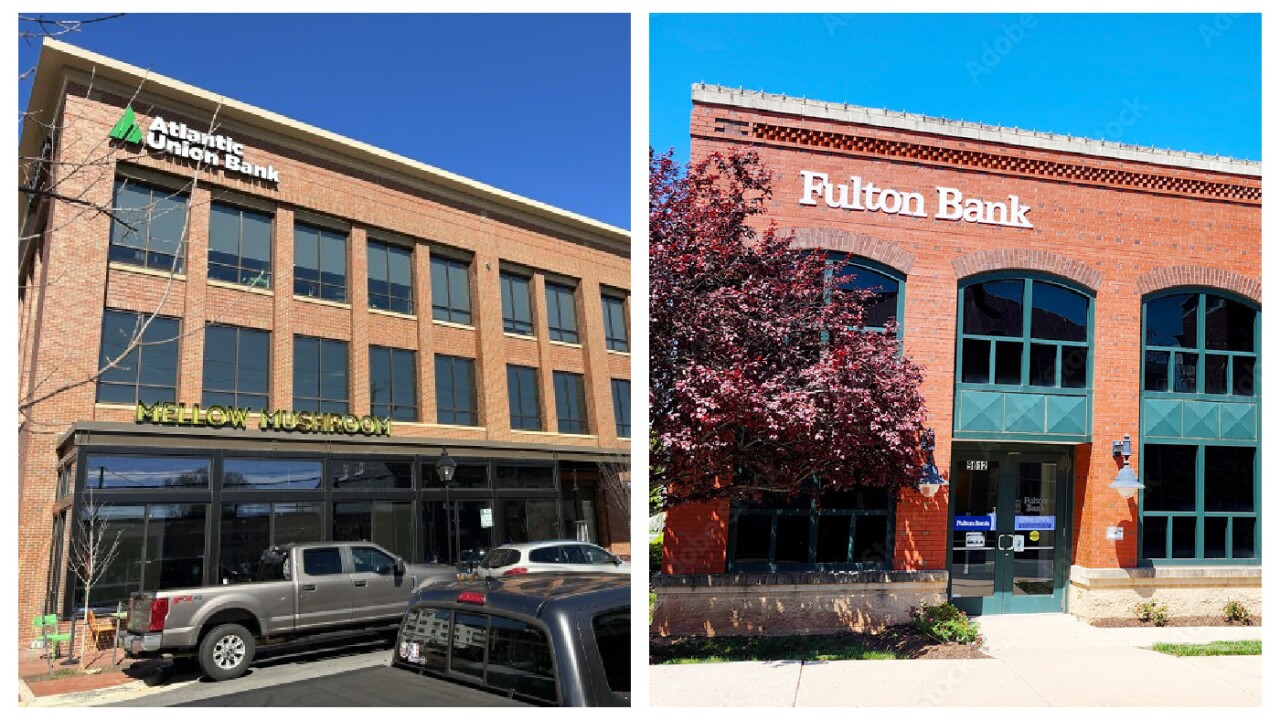
On July 19, millions across the country found out the hard way what it means to rely too heavily on a digital economy. When an update from the cybersecurity firm CrowdStrike
As Mark Eubanks, the CEO of Brinks, observed, "With every grid disruption, whether from natural disasters, cyberattacks or computer glitches, people are acutely reminded that cash is critical to keep commerce functioning."
While these events get resolved and the digital world reboots, for the 25 million U.S. households who are
As high interest rates continue weighing on banks' balance sheets, some are selling branches to real estate firms and leasing them back. The strategy is helping lenders that want to restructure their underwater bond portfolios.
Many Americans, though they can pay with credit cards and apps, still want the right to use cash. Some are motivated by the desire to avoid credit card fees and pay interest on outstanding balances. Recent studies have shown that a growing number of Gen Zers are choosing to live off of cash as a means to manage their personal budget. Other people prefer cash — even if they do have credit cards and payment apps — because they want to retain control and privacy over personal data such as what they buy and when and where they make purchases. Many also fear the rising rates of credit card and identity theft associated with digital payment options.
Each time our digital infrastructure succumbs to natural disasters, cyberattacks or computer glitches that disrupt digital payment options we are reminded of the fairness, resilience, privacy and safety that comes with the ability to use cash to purchase what we need. The good news is there's a legislative solution in the works to protect the role of cash in the country's economy. The bipartisan 2023-24 Payment Choice Act secures the right to use cash for key goods and services below $500. This commonsense legislation would ensure that everyone, especially those who must use or choose to use cash, can continue to fully participate in the economy, and everyone has options to better weather the next disruption to our country's digital infrastructure.






